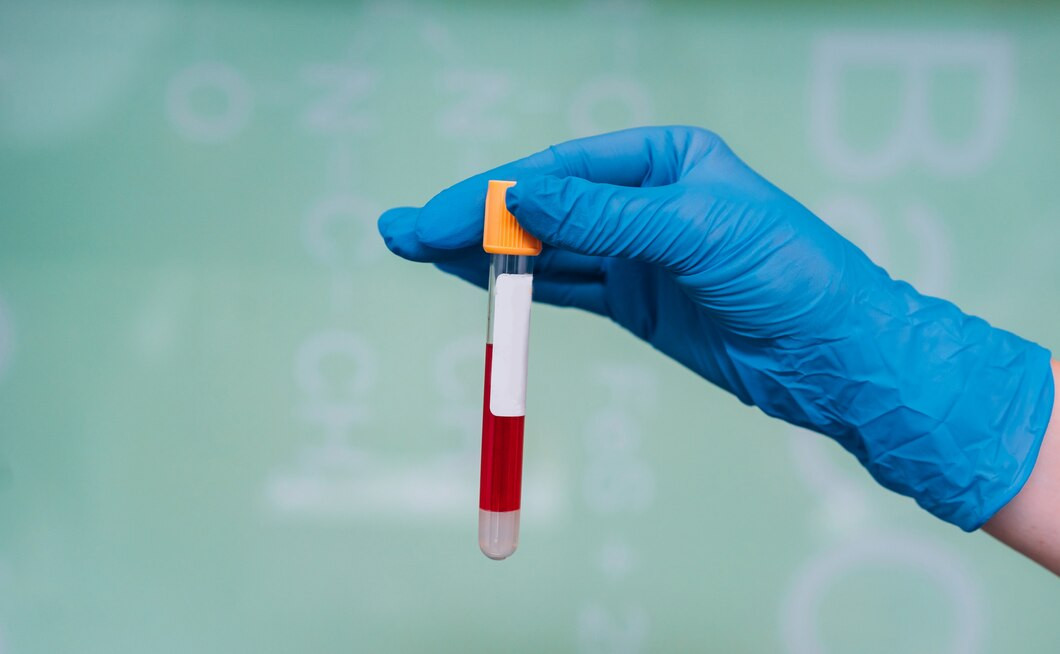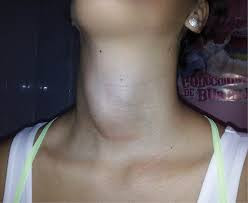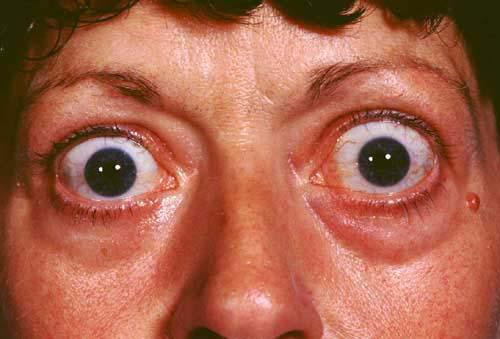Definition
An FT4 (free thyroxine) test is a clinical laboratory test conducted to measure the levels of FT4 in the blood. This test is instrumental in diagnosing thyroid-related diseases and assessing thyroid gland function.
The thyroid gland, a small, butterfly-shaped organ located near the throat, produces hormones that regulate metabolic processes in the body. These hormones are essential for controlling body weight, body temperature, muscle strength, and even mood.
Thyroxine, commonly known as T4, is a type of thyroid hormone. FT4 refers to the free form of thyroxine that enters tissues in the body as needed. Abnormal levels of FT4, either abnormally high or low, can be indications of thyroid disorders such as hypothyroidism (underactive thyroid) or hyperthyroidism (overactive thyroid).
FT4 test may be recommended by a doctor when symptoms or signs suggest a thyroid gland dysfunction, such as hyperthyroidism or hypothyroidism.
Symptoms associated with hyperthyroidism include anxiety, weight loss, hand tremors, an increased heart rate, bulging eyes, and trouble sleeping.
In contrast, symptoms linked to hypothyroidism include weight gain, fatigue, hair thinning, feeling unusually cold, irregular menstrual cycles, and constipation.
During the FT4 test, a blood sample is taken from the patient and analyzed using specific reagents to determine FT4 levels. High FT4 levels may indicate hyperthyroidism or excessive thyroid hormone activities, while low FT4 levels may suggest hypothyroidism or reduced thyroid hormone activities.
If FT4 test results fall outside the normal range, further thyroid-related tests are typically conducted to improve diagnostic accuracy. These tests may include measurements of T3 (another thyroid hormone), TSH (thyroid-stimulating hormone, which prompts the thyroid to produce T3 and T4), or autoimmune immunology tests to diagnose conditions like Graves' disease (causing hyperthyroidism) or Hashimoto's thyroiditis (causing hypothyroidism).
Indications
FT4 test is typically performed under the following circumstances:
- To aid in diagnosing thyroid gland disorders.
- To assess thyroid function abnormalities when symptoms or clinical signs are present.
- To monitor disease progression and the effectiveness of treatment regimens.
- To screen individuals at high risk of thyroid disease, particularly those with a family history of thyroid disorders.
Contraindications
There are no known contraindications or conditions that prevent someone from undergoing an FT4 test.
Preparation Prior to Test
No special preparation is required before undergoing an FT4 test, and it can be performed without fasting. However, it is advisable to consult a healthcare provider prior to testing, as certain conditions or factors may affect the accuracy of laboratory results.
Test Procedure
The FT4 test requires a blood serum sample of 0.25–0.5 mL. The blood sample is collected from a vein and stored in a specialized tube.
Healthcare professionals performing the test wear personal protective equipment (PPE), including gloves, to ensure hygiene and safety. Before drawing the blood, an elastic band is placed on the upper arm to make the vein more visible, and the injection site is cleaned with antiseptic gauze. The blood is usually drawn from a vein in the elbow crease. After collecting the blood sample, the elastic band is removed, and the puncture site is cleaned and pressed with antiseptic gauze.
The procedure is quick, typically taking only a few minutes. The blood sample is then analyzed using specialized laboratory equipment, with results usually available within a few hours.
Normal and Abnormal Values
The typical reference ranges for FT4 test results are as follows:
|
Value (ng/dL) |
Interpretation |
|
<0.9 |
Low |
|
0.9 1.7 |
Normal |
|
>1.7 |
High |
It is important to note that reference ranges may vary slightly between laboratories. These differences arise due to variations in the machines and test guidelines used by different facilities.
Results and Recommendations (Follow-up Tests)
Low
If your FT4 test shows low levels, it may indicate hypothyroidism. However, to fully understand the results, other thyroid hormone tests, such as TSH or T3, should also be performed. Conditions commonly associated with low FT4 levels include hypothyroidism (such as Hashimoto's disease or other thyroid conditions indicating an underactive thyroid gland), severe acute illnesses, malnutrition, fasting states, or the use of certain medications.
Despite low FT4 values, it is not advisable to make your own diagnosis. Consulting a doctor for a thorough evaluation and physical examination is necessary if you are experiencing symptoms or have concerns.
Normal
Normal FT4 test results typically suggest that your thyroid function is within the healthy range, If you have no symptoms or clinical signs of thyroid disease, this indicates that you are likely maintaining a good lifestyle with no underlying thyroid issues.
To prevent future thyroid dysfunction, you should continue with your current healthy habits, as they help avoid conditions that could cause FT4 levels to become too high or too low.
High
High FT4 levels may suggest hyperthyroidism, but interpreting these results often requires additional tests, such as TSH or T3 measurements. Conditions commonly associated with high FT4 levels include Graves' disease, excessive consumption of thyroid hormone medications, or thyroiditis (inflammation of the thyroid gland). Less frequently, high FT4 levels may occur in cases of testicular or ovarian tumors or from consuming iodine-rich foods.
Even with elevated FT4 values, self-diagnosis is not recommended. Consultation with a doctor for further evaluation and physical examination is necessary, particularly if you have specific symptoms or concerns.
Consult the Right Doctor
FT4 test results should be evaluated by a healthcare professional. Adults can consult a general practitioner for further testing or to initiate therapy as needed. If specialized care is required, an internal medicine specialist with expertise in metabolism and endocrinology can provide more detailed guidance. For pediatric patients, abnormal FT4 test results should be reviewed by a pediatrician.
Looking for more information about laboratory, radiology, and other examination results? Click here!
- dr Nadia Opmalina
Mayo Clinic Labs. FRT4. 2022 April. https://www.mayocliniclabs.com/test-catalog/Overview/8725
Medline Plus. Free T4 test. 2020 January. https://medlineplus.gov/ency/article/003517.htm
Medline Plus. Thyroxine (T4) test. 2020 July. https://medlineplus.gov/lab-tests/thyroxine-t4-test/
Medscape.Thyroxine. 2018 November. https://emedicine.medscape.com/article/2089576-overview












